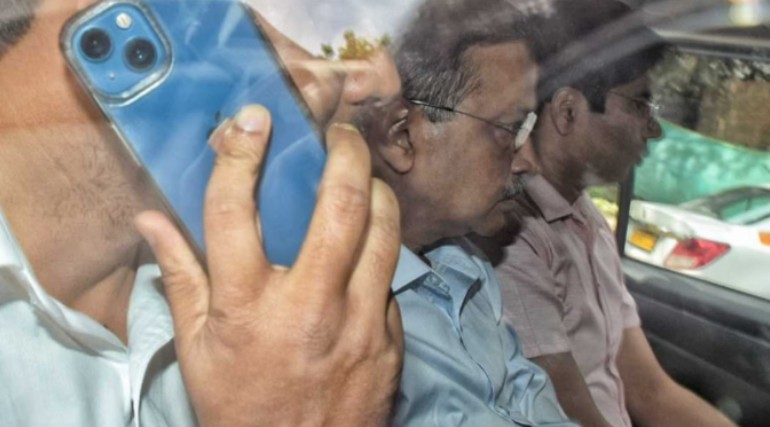
Tech Giant Cites User Privacy Protections
In a firm rebuke, American tech behemoth Apple has outright rejected an informal request from India’s Enforcement Directorate (ED) to provide get right of entry to into Delhi Chief Minister Arvind Kejriwal’s non-public iPhone. According to sources, Apple defended its stance mentioning its unwavering coverage – most effective the device’s proprietor can get admission to records by means of entering their password.
Despite the ED’s tries to argue that unlocking Kejriwal’s phone is critical for its ongoing probe into the excise policy scandal, Apple remained unmoved. The company has long taken a hardline technique to protecting user privacy and has again and again denied law enforcement backdoor get entry to, even in high-profile cases.
Longstanding Privacy Battles
Apple’s defiance follows years of very public skirmishes with authorities over comparable demands to bypass encryption and device safety. Most significantly, the FBI sought to legally compel Apple to free up an iPhone belonging to one of the shooters in the 2015 San Bernardino terror assault.
At the time, Apple CEO Tim Cook fired off a blistering rebuke calling the pass “a dangerous precedent that threatens every body’s civil liberties.” The employer ultimately prevailed in protective device encryption safeguards.
Indian officers will likely face an uphill climb trying to strong-arm one of the global’s most valuable businesses into circumventing its personal protection protocols and consumer privateness rules.
Kejriwal’s Privilege Claims Doubted
Meanwhile, a few have raised eyebrows at the Delhi CM’s reported claims that letting investigators get right of entry to his cellphone information should reveal information of his birthday party’s “election approach” and political alliances.
Law enforcement officials keep they’ve ample evidence, which includes testimony from other accused parties, that Kejriwal at once solicited Rs 100 crores in alternate for liquor commercial enterprise favors. They’ve accused him of offering “evasive replies” up to now.
As the high-stakes felony struggle rages on, all eyes are on whether or not Apple’s vaunted privateness protections will withstand the pressures of one among India’s maximum effective law enforcement our bodies. The implications could resonate a long way beyond this single case by myself.

